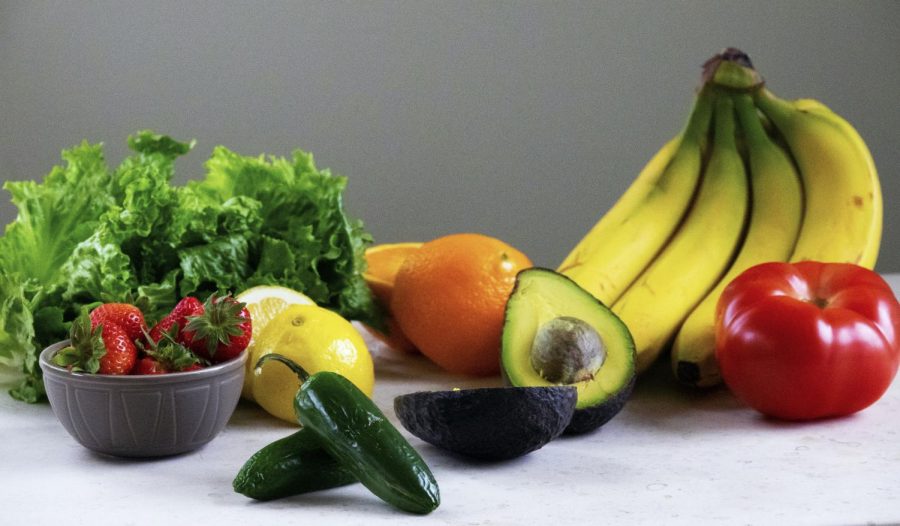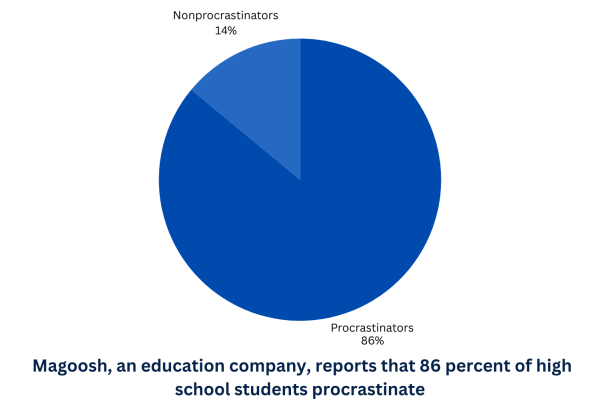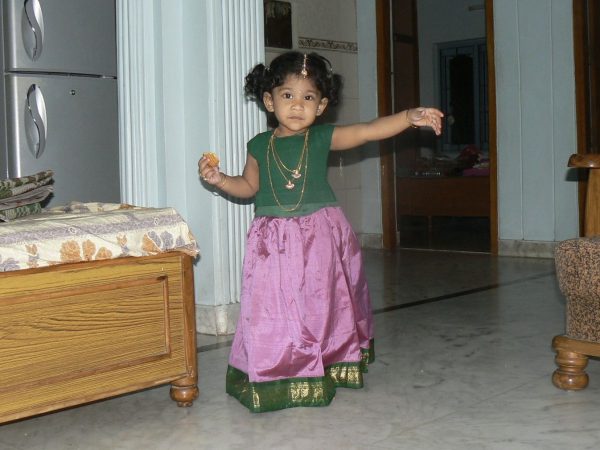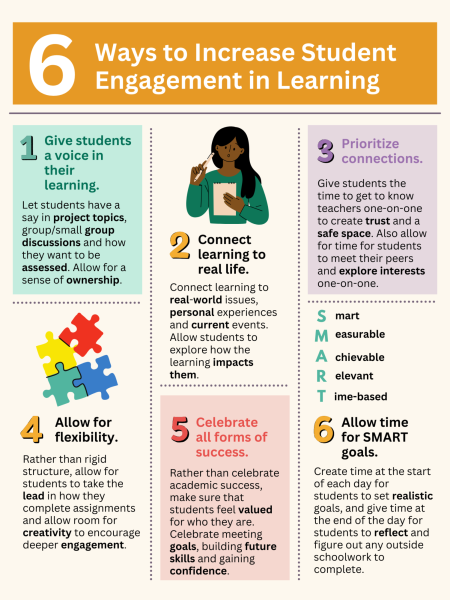BEE Vegetarian
From sustainability to the satisfaction of contributing to a larger movement, the vegetarian lifestyle has several benefits.
The “Bee Movie” — arguably the most influential film of our childhood — is full of important lessons and hidden themes. Disregarding the memes and the obviously satirized romantic relationship between a human and a bee, the underlying message of the “Bee Movie” serves as a perfect example of human entitlement, and it highlights the direct consequences of human selfishness.
The most complex relationship in the film is that of a bee (Barry B. Benson) and a human woman (Vanessa Bloome). Early in the movie, Barry gets separated from the other bees and ends up inside Vanessa’s apartment. Vanessa’s boyfriend, Ken, is the first to spot Barry, and his immediate reaction is to kill him. As Vanessa stops her boyfriend from squashing Barry with a pair of winter boots, she says a line that, to me, is the premise of the whole movie: “Well, why does his life have any less value than yours?”
The easy answer to this question is obvious: it’s just a bee. Who cares? But I think holding that belief, even when dealing with something so seemingly miniscule, leads us to carry that into other aspects of our lives. If we can excuse killing a bee simply because we’ve disregarded its existence as bothersome, to what extent will we place our own comfort above all else?
That one line from a 2007 animated children’s movie is actually what pushed me to try out a vegetarian diet. I’d been considering the switch for some time, but Vanessa’s question is what finally convinced me to stop eating meat.
I won’t lie to you and say that I’ve never almost given into a craving for chicken wings. And it can be hard watching my friends enjoy their buff chicks at lunch while I eat a salad, no question about it. But anytime I do have an urge to eat meat, I remind myself of that question: why should an animal’s life have any less value than mine? I try to imagine how I’ll feel after eating it; will I be satisfied? Will it be worth it? Or will I immediately regret my decision? So far, every time I’ve settled on the decision that I’d regret it.
I understand the concept of the food chain and I know that avoiding meat isn’t a sustainable lifestyle for everyone, which is why I’m not writing this to criticize those who eat meat. Plus, I get it. Cheeseburgers are delicious. And while I know it’s unreasonable for the world to stop consuming meat — for reasons much more complex than that people just don’t want to — I’d encourage anyone who’s been considering the change or who can relate to the idea that no one life is more valuable than another to try out a vegetarian diet.
I wasn’t only motivated by moral factors; there’s also a number of other benefits to eating vegetarian. For one, the environmental effects of the meat industry are alarming. According to Greenpeace, the process of raising and consuming livestock produces as much greenhouse gas as the entire transportation sector.
Even sustainable farming takes its toll on the environment. The Guardian reported that the lowest impact beef is responsible for six times more greenhouse gas production and requires 36 times more land than plant protein.
Plus, when done responsibly (meaning you’re eating more than just junk food and carbs), a vegetarian diet can have significant positive impacts on your health. The Academy of Nutrition and Dietetics found that vegetarianism has been linked with lower blood pressure, lower cholesterol and lower levels of obesity.
I know it seems like you changing your whole lifestyle will be insignificant in the grand scheme of things. After all, you’re only one person. And I can’t promise that going vegetarian will change the world. But, as Barry B. Benson said, “Let me tell you about a small job. If you do it really well, it makes a big difference.”










